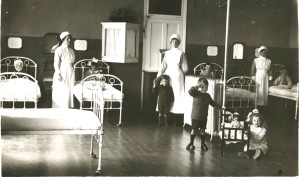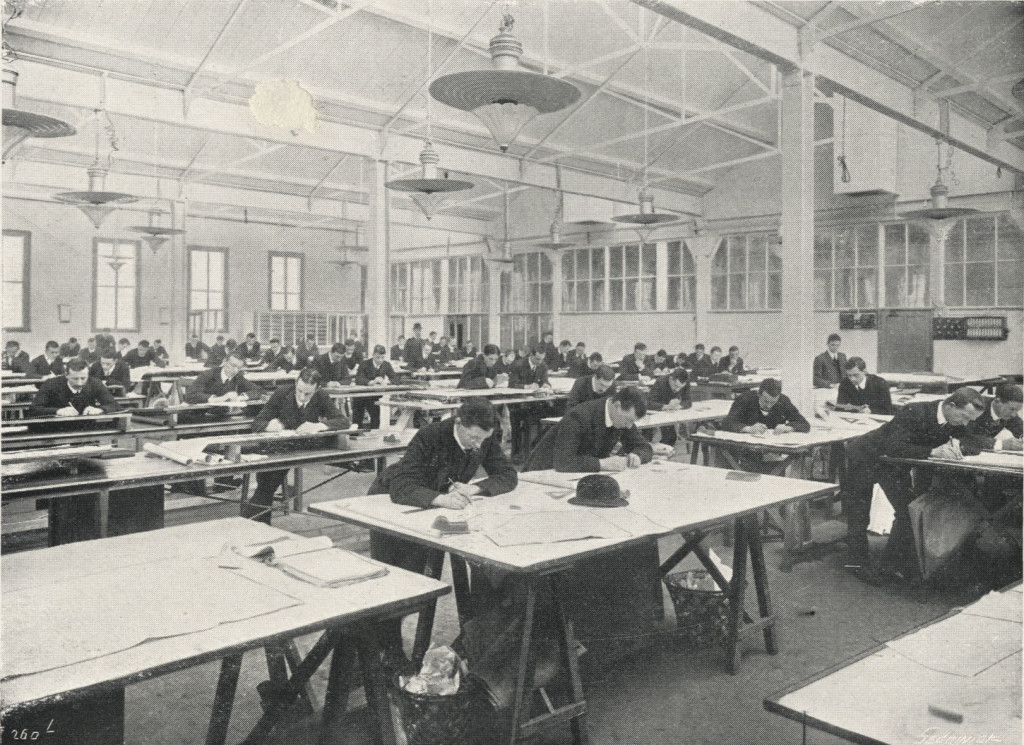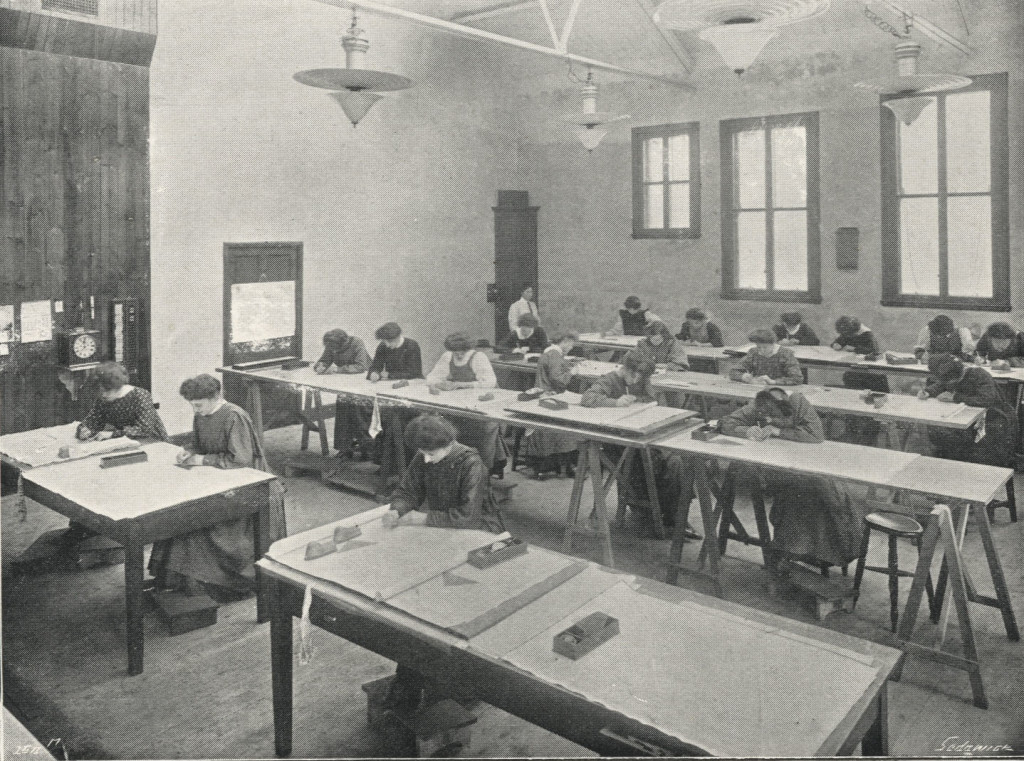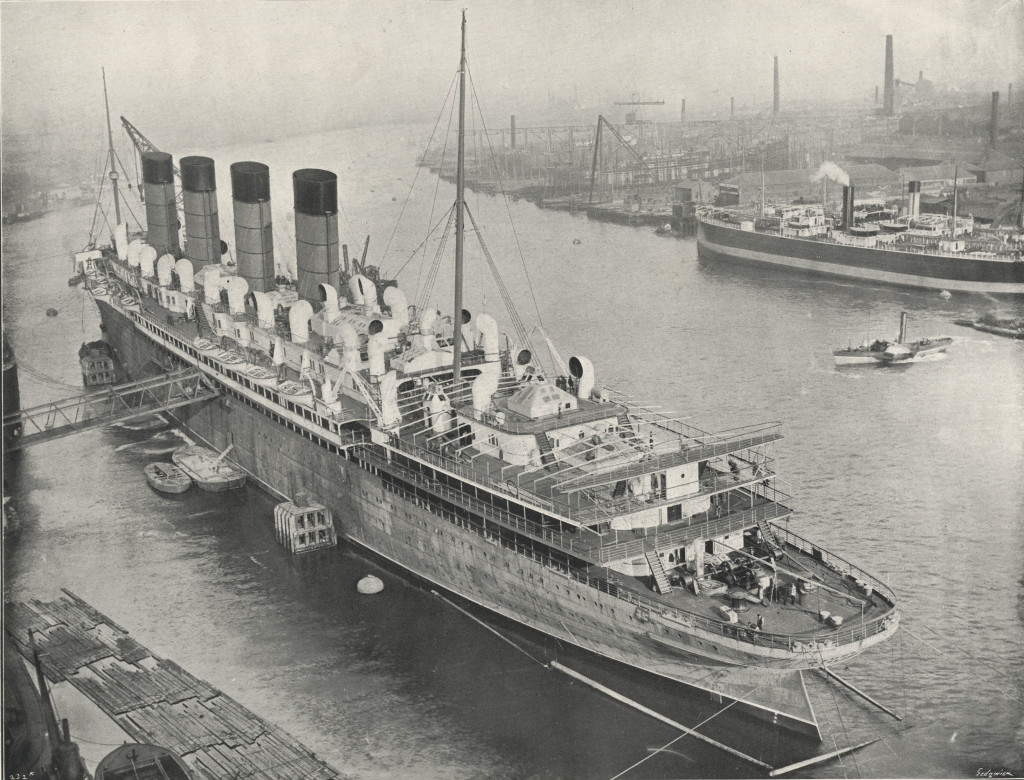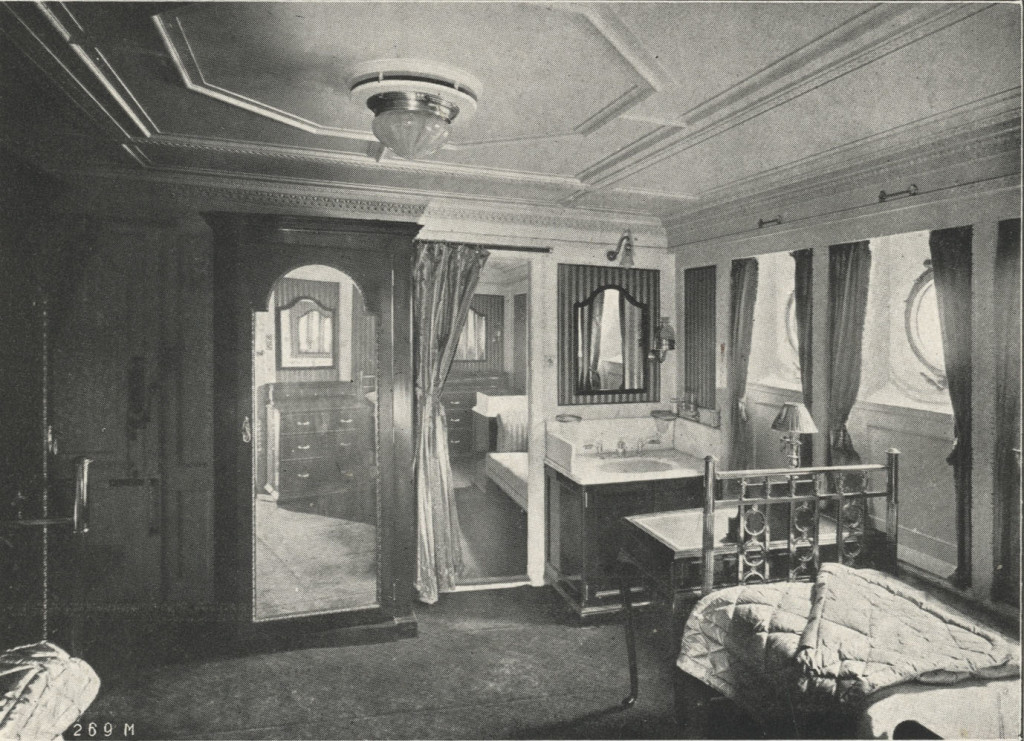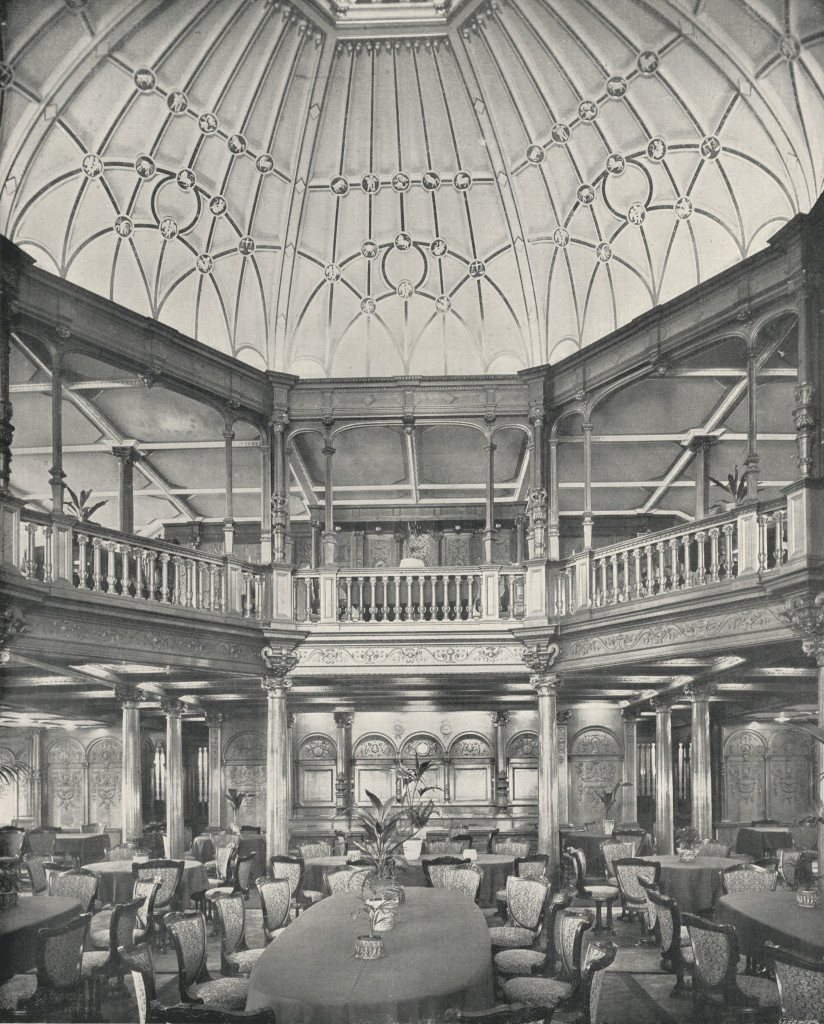BERWICK ADVERTISER, 21st MAY 1915
A CHEERFUL SOLDIER IN THE TRENCHES
BERWICK LADY THANKED
Mrs Wilsden, The Elms, Berwick, has received the following letter from a trooper who had the good fortune to receive some cigarettes which Mrs Wilsden sent to the front through a lady friend. It is as follows:-
From Trooper F.Bark (72008)
“J” Battery,
Royal Horse Artillery,
B.E.F.
Dear Madam, – Thank you very much for sending the cigarettes which were greatly appreciated by myself and comrades. we have been resting almost the whole of the winter, and we are just starting business again now. You may guess that we all feel fit for almost anything that comes our way. we are having glorious weather out here now but not so stifling as at the beginning of the campaign. Hope all our friends in England hold the same opinion on the war as we do out here which is decidedly cheerful. This life far exceeds all my ideas of active service-war, to my idea, was a series of long marches with little and ragged clothing, but here we are, plenty food, well clothed and tended for and living almost as well as at home. I think this is about all I can say at present, so will close by again thanking you and wishing you the best of health.
I remain, yours respectfully,
F.Bark
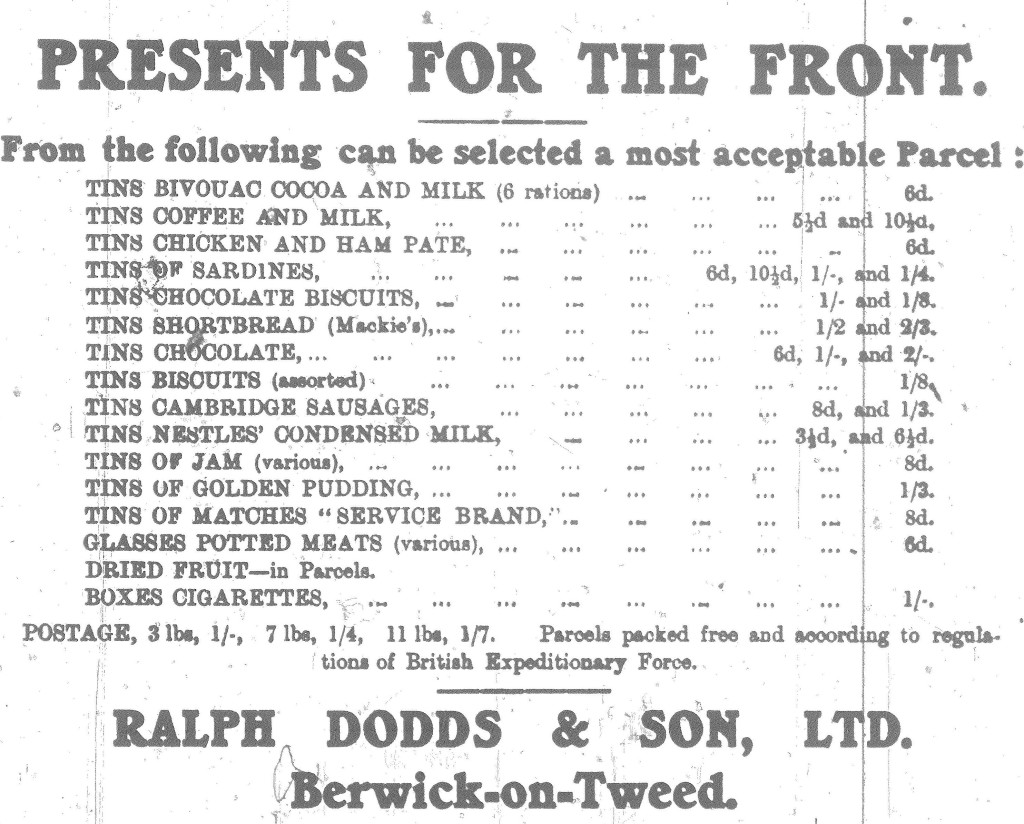
FOR A RELIEF FUND
Mr A.A. Crisp, tobacconist, High Street, Berwick, is displaying in his window a pretty silk cushion presented by the B.D.V. Cigarette Company. The cushion is to be sold to the highest offerer, and the proceeds are to be given to a local relief find. The highest bid so far is £1.
GUILD OF AID FOR SICK AND WOUNDED
127, High Street, Berwick.
19th May, 1915
(To the Editor, “Berwick Advertiser.”)
Dear Sir, – I should be obliged if you would allow me to make an appeal, through your valuable paper, for funds for the above society. Since the beginning of the war the Guild of Aid has been doing a great work for our soldiers and sailors.
Over 2,500 articles have been collected and distributed to the Red Cross Society, Her Majesty the
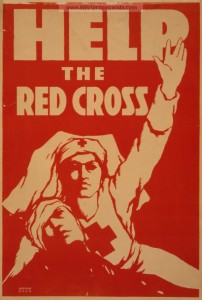
Queen’s Collection, the 7th Northumberland Fusiliers, the K.O.S. Borderers, Lady French’s Collection, and the Ladies Territorial Association. I know that there are many demands made upon the inhabitants of the Borough and the outlying country districts at this time, yet I think that an appeal for this work cannot fall on deaf ears.
The duty of those at home is to see that our brave soldiers and sailors lack for no comfort that we can provide, and anyone who contributes to these funds can be assured that their gifts will be used to the best advantage.
Miss Miller, Longstone View, will be glad to receive donations of money towards this good object, and comforts can be left, addressed “For Guild of Aid, ” at the Townhall; and also at Mrs A. T. Robertson’s, Tweedmouth House.
Yours faithfully,
T.Wilson, Mayor.


